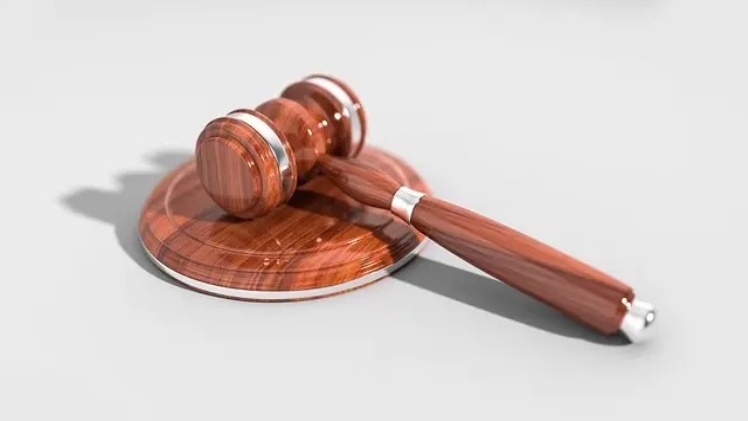Debt collection problems are one of the most common problems in the US, and they usually affect both the people who are owed and the people who are facing collection calls. Given the intricate web of debt collection regulations that vary depending on the debt kind and situation, legal difficulties frequently arise. If you are facing a similar situation in New York, you should reach out to a New York collection attorney.
What are the consumer debt laws in New York?
Some of the laws that govern consumer debt in New York are the Fair Debt Collection Practices Act at the federal level and the New York State Debt Collection Procedures Law in New York. These statutes come in very handy when it comes to safeguarding consumers from any unjust practices of collection. These laws also make sure that the collectors are working in compliance with the laws in order to avoid any legal repercussions and to work ethically.
Some prohibited practices:
There are certain collection practices that are forbidden by the Federal as well as the State laws. Collectors are not allowed to make any calls at odd hours and workplaces to harass them, they also cannot give any false legal threats. In addition, there should be no threats of arrest or sharing details of debts with other family members or co-workers. Impersonation of law enforcement officials is also not allowed. Lastly, the debt collectors also cannot ask for any extra fees beyond what they are owed.
What should debt collectors do?
Some of the things that debt collectors are required to do are that they need to clearly identify themselves as debt collectors when they make calls. Moreover, if they are asked to share the creditor’s name and address, they should share it. They should also give the consumer enough time and notice to dispute the debt. Moreover, they must provide verification of the debt if asked for it.
Final thoughts:
Consumer debt collection is governed by a number of laws. Laws governing fraudulent transfers empower bankruptcy courts to recover assets transferred to third parties in order to avoid creditor payments. The Uniform Commercial Code governs secured transactions that involve debtor assets such as mortgages. Debtors have rights under federal and state law, including debt verification, notice of legal activities, accurate credit reports, and the opportunity to hire an attorney to stop direct contact and assist in disputes or settlements.

